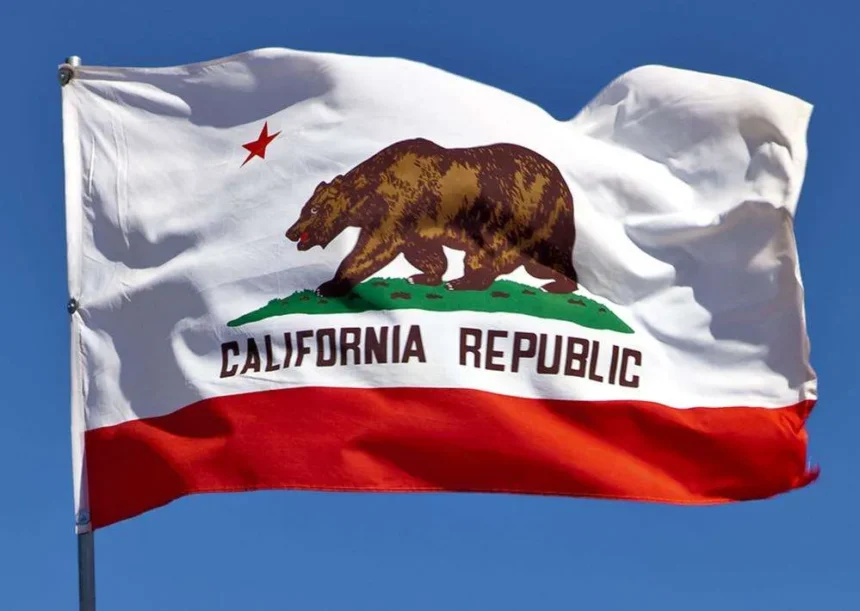California is grappling with the complex challenges posed by misinformation, online safety, and the use of deepfake technology. Recent legislative and legal actions underscore the state’s efforts to balance innovation with the protection of its citizens, particularly in the digital realm. From AI regulation to lawsuits against deepfake websites, California’s approach is sparking debate and scrutiny at both the state and federal levels.
What’s Happening & Why This Matters
In an effort to regulate artificial intelligence and protect consumers, California has introduced SB 1047, a bill that mandates safety testing for powerful AI models developed by large companies. However, the bill has faced opposition from key political figures, including Nancy Pelosi, who argues that the bill, while well-meaning, could stifle innovation in the state. The bill’s critics, including tech giants like Google and Meta, fear that the legislation could hinder AI development in the U.S. On the other hand, supporters believe that the bill is essential for ensuring that AI technologies are safe and beneficial for society.
Meanwhile, San Francisco has taken legal action against 16 websites that use AI to create deepfake nudes, targeting women and girls without their consent. These websites, which have garnered over 200 million visits in just six months, are accused of violating state and federal laws. The lawsuit seeks to shut down these sites and impose civil penalties on their owners, some of whom remain anonymous. The case has drawn attention to the growing misuse of deepfake technology, which has been used to exploit both celebrities and minors.

In another legal battle, a federal appeals court recently ruled against California’s child-safety law, AB 2273, stating that it likely violates the First Amendment. The law, which requires companies to assess the risks of online content for children and restricts data collection on minors, has been criticized for turning businesses into state censors. The court’s decision is seen as a victory for free expression, though it has sparked concerns about the need for stricter regulations to protect children online.
TF Summary: What’s Next
California’s ongoing efforts to regulate technology and protect its citizens online are setting the stage for broader debates at the national level. As the state continues to push for legislation and legal action, it faces resistance from both industry leaders and political figures who warn against the potential consequences of overregulation. The outcome of these battles can influence the future of digital privacy, safety, and innovation in the U.S. and beyond.


